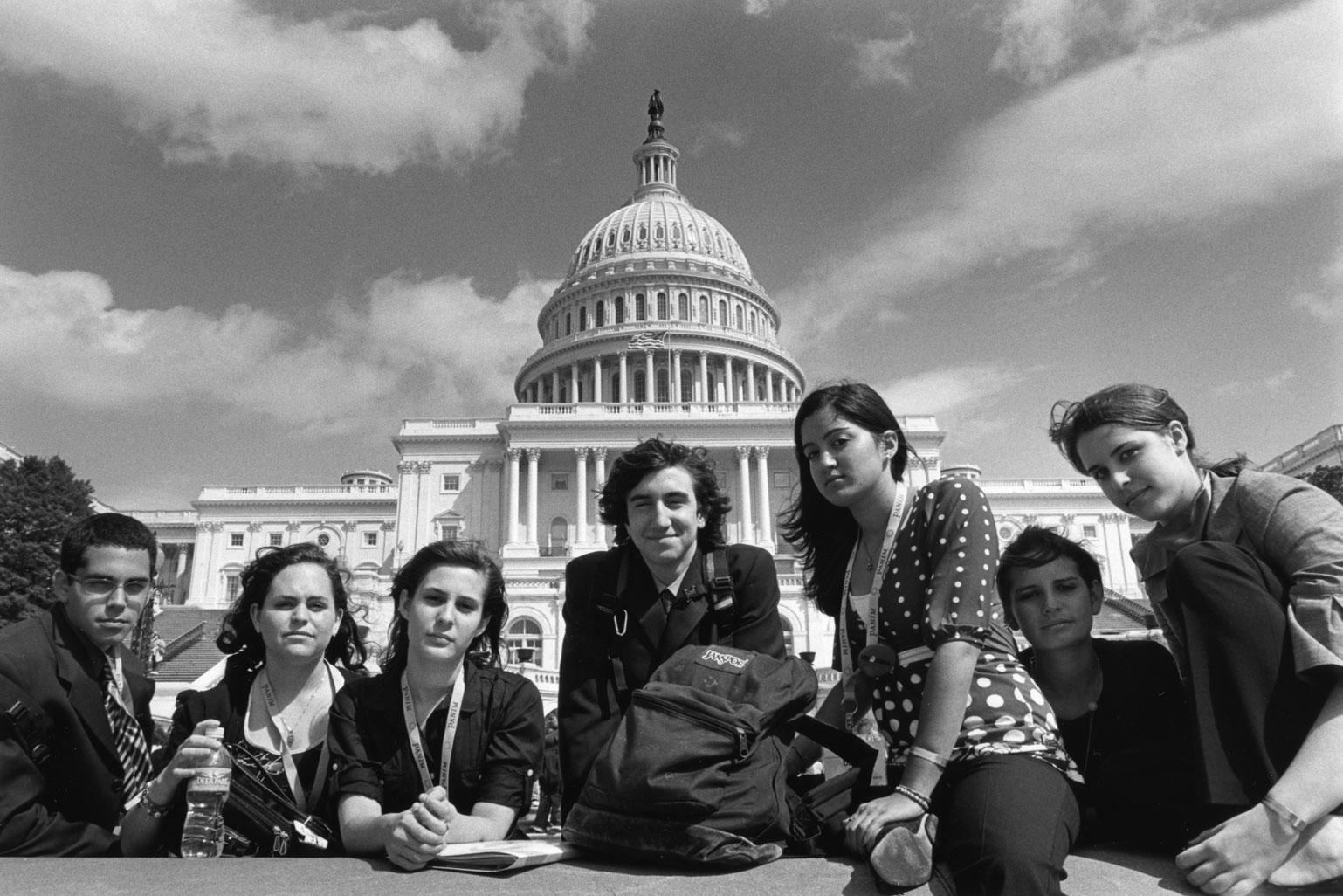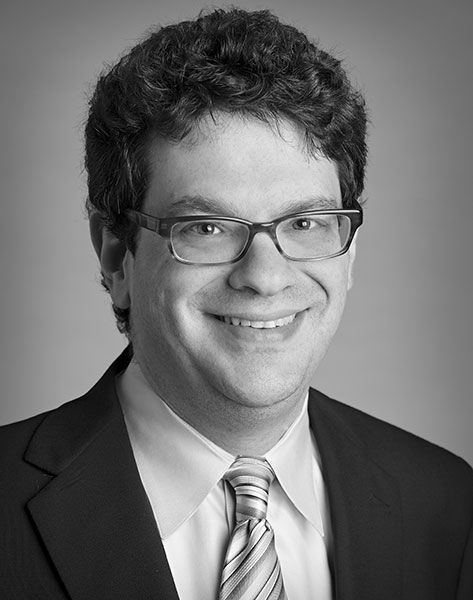Reflections on Civil Discourse and Civic Engagement: Seeking Out the Difficult Conversations
Rabbi Melissa Weintraub, Co-Founding Director, Resetting The Table
On a person- to-person level, why is it important to seek out difficult conversations?
Many things might bring people to conversations with those with whom they disagree. Relationship: caring about another person and knowing we can’t not talk about something that matters to us both. Desire for learning: we might think this person is smart and knowledgeable and we have something to learn here. Persuasion: we might think, this person is influential, and I want to change his or her mind!
A 2014 Pew Research study substantiated the degree to which Americans increasingly live in ideological echo chambers. Citizens sustain far fewer friendships with people of different political orientations today than they did thirty years ago. Most of us come into contact with those who think differently than we do less and less, intensifying the ease with which we can dismiss and vilify our counterparts. A group of Stanford researchers recently found that people of both political parties were far more likely to assess people of another race favorably than people of the other political party: “Americans increasingly dislike people and groups on the other side of the political divide and face no social repercussions for the open expression of these attitudes…The level of partisan animus in the American public exceeds racial animus.”
Why bother engaging with people who just don’t ‘get it,’— or are even actively causing harm?
Here are 4 reasons why:
- If we want to be politically effective, wherever we stand, we’re going have to stop talking to ourselves. Regardless of our agenda, we will not be able to advance it without better engaging those who are not our natural allies.
- In a word, insight. We need robust debate to address the immense challenges we face. We will not learn enough from silence or from echo chambers. Jewish tradition values argument because we know it is the only method to good public decision-making, to confronting the liabilities of our own analysis and the best solutions to the problems we face. We need machloket l’shem shamayim, heavenly argument, to rise up to what this moment demands of us.
- And we will certainly need heavenly argument for ourselves to remain a healthy community as that future comes, whatever it brings.
- I’ll share one final reason for coming to the table: There may be no more sacred work, than finding God in the faces of those with whom we disagree without backing away from our honest disagreements. Trying to extend the widest possible embrace of each other, even while taking in something we find objectionable or painfully hard to hear. Without getting wishy-washy, silenced or compromised, finding a way for both ourselves and those with whom we disagree to come to voice.
Can you tell me about Resetting the American Table: Communicating Across the Divides of American Life?
Many Americans woke up on Nov. 9, 2016 shocked that they did not know half their country. After years of focus on the heated conversation surrounding the Israeli-Palestinian conflict, Resetting the Table’s team woke up knowing we needed to turn our unique and effective tools to healing and transforming the chasms in our own country. We see the inability to communicate well across divide as a great crisis of our time and one that affects all other social issues.
RTT’s approach supports parties as they discuss difficult and passionate issues, deliberate over those issues in partnership, and sustain that spirit of partnership when significant disagreements arise.
Resetting the Table seeks to build an inclusive American public sphere in which leaders and citizens with differing backgrounds and viewpoints can influence one another’s thinking and collaborate in addressing important public problems.

